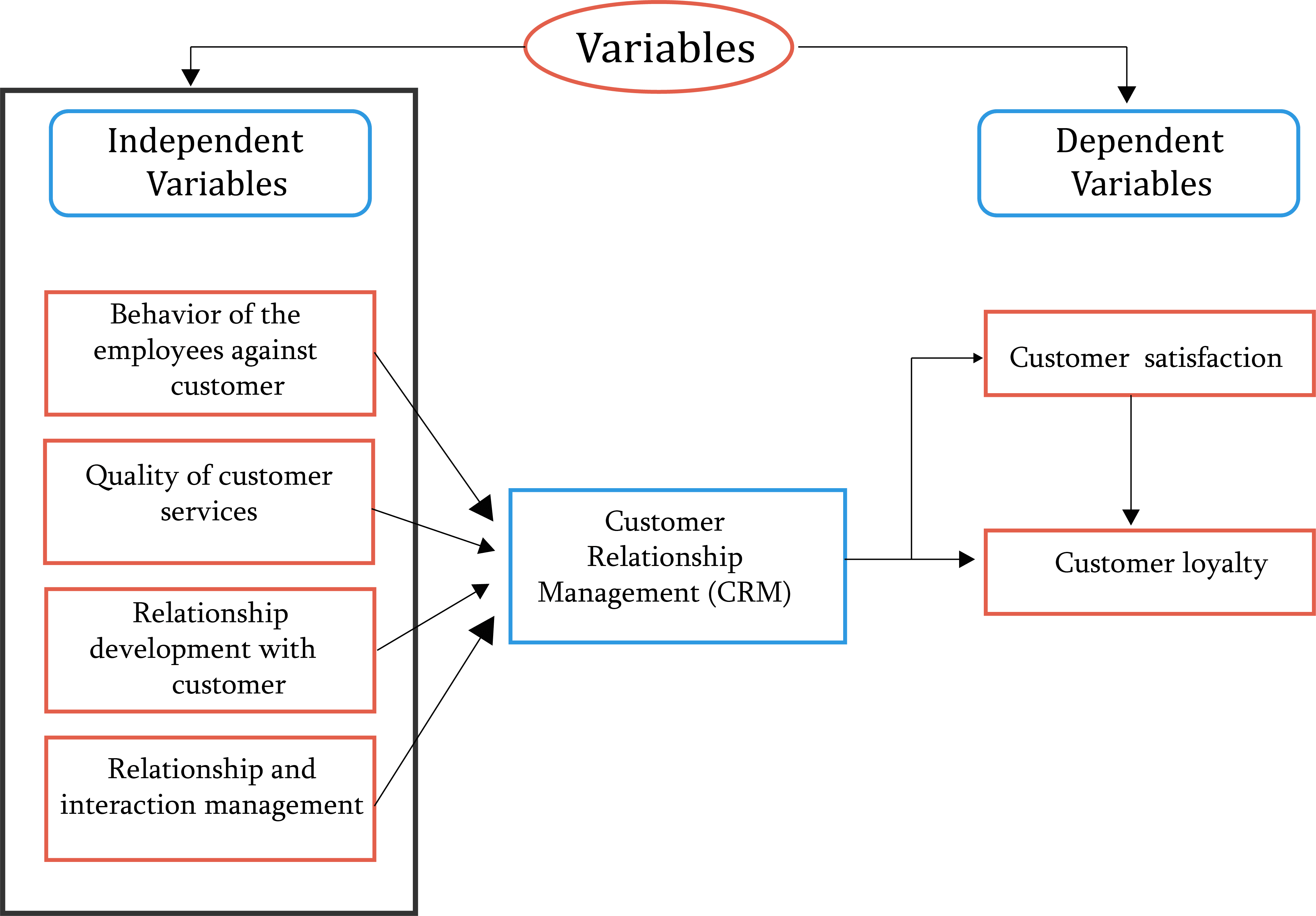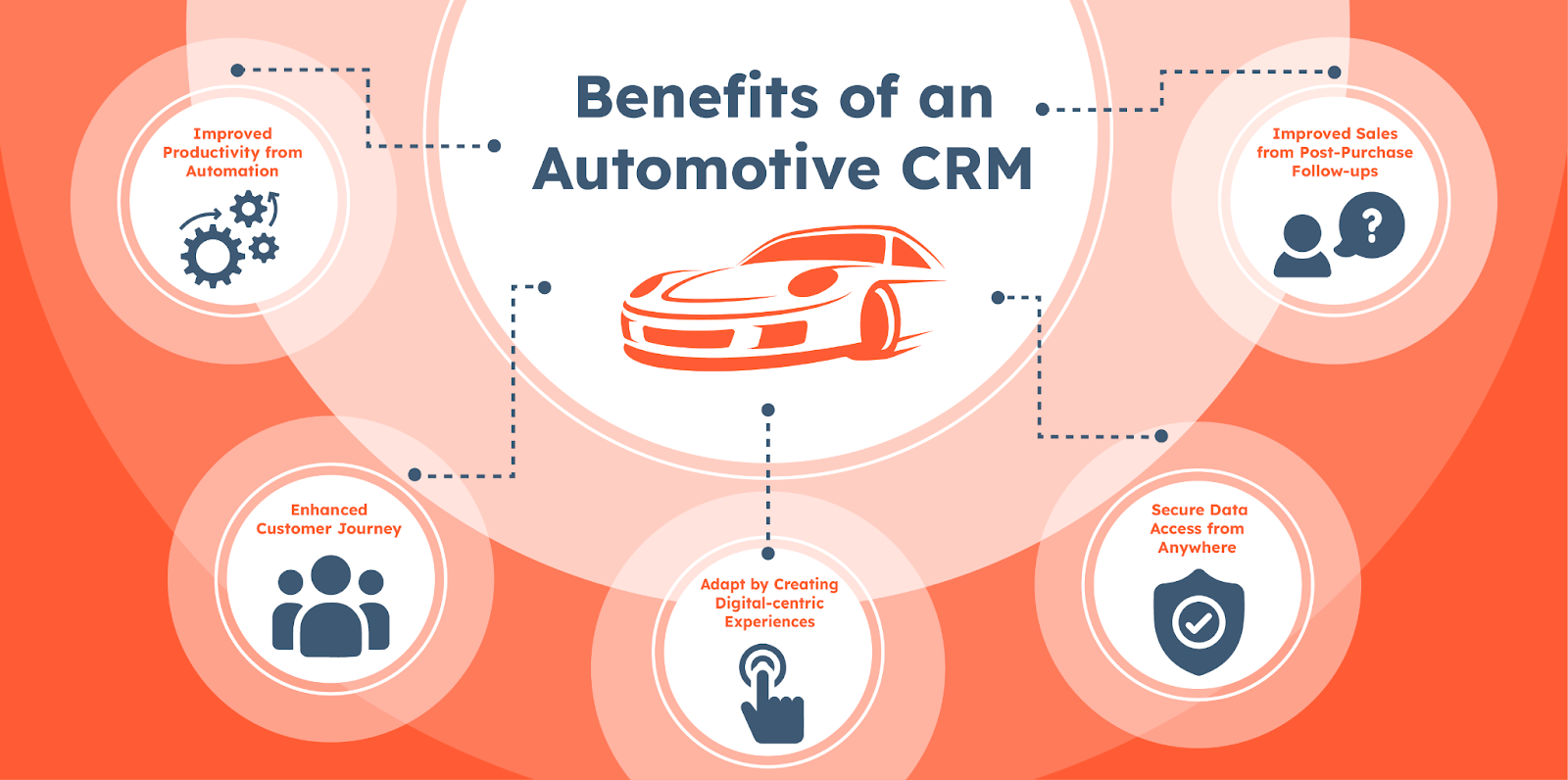
In the automotive industry, customer satisfaction is paramount. A happy and loyal customer base plays a crucial role in the success of any automobile manufacturer or dealership. To ensure customer satisfaction, it is essential to have an effective system in place to handle customer complaints and resolve them efficiently. This is where Automobile Complaint Management CRM (Customer Relationship Management) comes into play. In this blog, we will provide an in-depth overview of Automobile Complaint Management CRM, its benefits, features, and how it helps streamline complaint resolution in the automotive industry.
An Automotive Complaint Management CRM solution is specialized software designed to streamline the handling of customer complaints in the automotive industry. It serves as a centralized system for automobile manufacturers, dealerships, and service centers to efficiently manage and resolve customer concerns. This CRM system enables seamless communication among customers, service advisors, technicians, and management, ensuring a seamless process for resolving complaints.
The CRM system allows service advisors or customers to log complaints directly into the system. The complaints can be categorized based on the nature of the issue, such as mechanical, electrical, or cosmetic. Detailed information about the complaint, including vehicle details, customer information, and complaint description, is recorded for further analysis and resolution.
The CRM system automates the complaint resolution workflow, ensuring that each complaint is assigned to the relevant personnel and tracked throughout the process. It eliminates manual handovers and reduces the chances of complaints slipping through the cracks.
Each complaint is treated as a separate case within the CRM system. Service advisors or technicians can update the case with relevant information, such as diagnostic reports, repair status, or any communication with the customer. This ensures a comprehensive view of the case and helps in providing accurate updates to the customer.
The CRM system facilitates seamless communication and collaboration between different stakeholders involved in the complaint resolution process. Service advisors can communicate with technicians, share updates with the customer, or escalate the case to the management if needed. This ensures effective coordination and faster resolution of complaints.
The CRM system integrates with the inventory management system to track the availability of spare parts required for complaint resolution. It alerts the service center if any parts need to be ordered and ensures timely availability to minimize customer wait time.

In case a complaint exceeds the defined resolution time, the CRM system automatically escalates it to the higher management or designated authority. Service level agreements (SLAs) are set for different types of complaints to ensure timely resolution and customer satisfaction.
The CRM system provides comprehensive analytics and reporting capabilities. Service center managers can analyze complaint data, identify recurring issues, track resolution time, and generate reports to measure customer satisfaction levels. These insights help in identifying areas for improvement and implementing preventive measures to reduce future complaints.

By streamlining the complaint resolution process, Automobile Complaint Management CRM ensures faster response times, effective communication, and timely resolution of customer complaints. This leads to enhanced customer satisfaction and loyalty.
The CRM system automates the complaint resolution workflow, eliminating manual processes and reducing administrative tasks. It ensures that each complaint is assigned, tracked, and resolved within the defined timelines, improving overall operational efficiency.
Effective communication and collaboration between service advisors, technicians, and customers are vital for successful complaint resolution. The CRM system facilitates seamless communication, ensuring that all stakeholders are on the same page and updated about the progress of the complaint.
Automobile Complaint Management CRM provides valuable insights through its analytics and reporting capabilities. Service center managers can analyze complaint data, identify trends, and gain a deeper understanding of customer preferences and pain points. This data-driven approach enables informed decision-making, allowing businesses to make necessary improvements in their products, services, or processes to address customer concerns and enhance overall satisfaction.
By centralizing complaint management and automating workflows, Automobile Complaint Management CRM streamlines operations within service centers or automotive organizations. It eliminates manual paperwork, reduces the chances of errors, and ensures consistency in the complaint resolution process. This leads to improved operational efficiency and productivity.
A well-managed complaint resolution process has the potential to generate additional service revenue. When customers experience efficient and satisfactory complaint resolution, they are more likely to return for future services or recommend the service center to others. This increases customer retention and attracts new customers, ultimately contributing to higher service revenue.
7.Brand Reputation and Customer Loyalty
The way an organization handles customer complaints speaks volumes about its commitment to customer satisfaction. By implementing an effective Automobile Complaint Management CRM, businesses can proactively address customer concerns, resolve issues promptly, and maintain a positive brand reputation. This builds customer loyalty and trust, fostering long-term relationships with customers.
Before implementing an Automobile Complaint Management CRM, it is crucial to define clear complaint resolution processes. Map out the workflow, assign roles and responsibilities, and establish service level agreements to ensure a smooth and efficient process.
Ensure seamless integration of the CRM system with existing systems like inventory management, customer databases, or service history databases. This enables a holistic view of customer information and streamlines data exchange.
Train service advisors, technicians, and other staff members on using the CRM system effectively. Familiarize them with the features, functionalities, and benefits of the system to maximize its potential.
Continuously monitor and evaluate the performance of the Automobile Complaint Management CRM system. Analyze complaint resolution metrics, customer feedback, and system usage to identify areas for improvement and implement necessary changes.
Actively seek customer feedback on the complaint resolution process and the effectiveness of the CRM system. Use feedback to make necessary adjustments and improvements, ensuring that the system aligns with customer expectations and enhances their experience.

Automobile Complaint Management CRM plays a crucial role in streamlining complaint resolution processes in the automotive industry. By capturing, tracking, and resolving customer complaints efficiently, businesses can significantly improve customer satisfaction, loyalty, and brand reputation. With features like complaint logging, workflow automation, communication and collaboration, and comprehensive analytics, the CRM system empowers service centers to deliver exceptional customer service and enhance overall operational efficiency. Implementing an Automobile Complaint Management CRM enables automotive organizations to stay ahead of customer expectations, drive customer retention, and ultimately thrive in a competitive market.
Bangalore : No. 722, Bank of Maharashtra, 24th Main Rd, 6th Phase, J. P. Nagar, Bangalore, Karnataka – 560078
Gujarat : 107, Shiv Shakti Farm, Yogeshwarnagar Society, Anjali Char Rasta, Bhatta, Paldi, Ahmedabad, Gujarat – 380007
Navsari : B-207, Union Heights, Asha Nagar Main road, Navsari, Gujarat – 396445
Las Vegas : 3773 Howard Hughes Pkwy #500s, Las Vegas, NV 89169, USA
London : 9 Devonshire Square, London EC2M 4YF, UK
Westmead : 5/19 Queens Rd, Westmead NSW 2145, Australia
Dubai : 625 St – Al Hudaiba – Dubai – United Arab Emirates
Sales CRM
Service CRM
Field Service CRM
Complaint (Ticketing) Management CRM
Complaint Management CRM with SAP
Complaint Management CRM with Automobile
Workflow Management CRM
Telephony (Customer Support Software) CRM
Mobile CRM
Land Acquisition & Management (LAMS) CRM
Real Estate CRM
Automobile CRM
Disclaimer : CRM-Doctor is not affiliated with Vtiger, SuiteCRM, Microsoft Dynamics and Salesforce.
© 2023 CRM-Doctor. All rights reserved.
Get your project started today. Share your requirements with us!
Fill in the form below.
No Credit Card Needed, No Software Installation Required.
Fill out the form to hear expert advice. Our team will contact you to assist in maximizing your trial experience.
Get your project started today. Share your requirements with us!
Fill in the form below and we will reply with a custom quote for your needs.
Manage your business on your own terms with CRM-Doctor
Thank you for your interest in the CRM-Doctor Channel Partner Program! Once you fill this form out, it will notify someone from the CRM-Doctor team to reach out and connect.
No Credit Card Needed, No Software Installation Required.
Fill out the form to commence your free trial. Our team will contact you to assist in maximizing your trial experience.
Great! We’re ready to help boost your business.
Please complete the form provided below to arrange a live demo.
[contact-form-7 id=”1783″ title=”Contact form 1″]
As mentioned, the customer profiling system can be tough to implement and maintain on the long-term. This means that the benifits should outweigh the demand for time and attention to maintain an well-mainted customer base. This could be achieved through a customer profiling system.
In this situation, the right customer profiling can help businesses better understand their overall means of customer engagement.
In most businesses, the customers don’t come along with the same purchase intent or budget. They aren’t even expected to purchase the same products. In this situation, the businesses should have an effective to send relevant messages to the right customer segment. For this, businesses should effectively seggregate between the different customer profiles. This allow businesses to focus on rlevant messages to each customer segment, therebvy increasing conversions.
Apart from the initial offering, today most businesses try to upsell or cross-sell their products. For successful upsell and cross-sell campaigns, businesses need to discover the way to engage with their target customers. And, this requires better cusometer undrstanding. By accurate customer profiling, businesses can understand more about their audience requirment.In turn, this will allow businesses to offer impactful upsell/cross-sell oppurutintiies.
Businesses can utilize customer profiling at different stages of their customer acquisition. By having these different stages, the businesses will be able to iterate their stratergies to meet the individual business requirements. Here are some of the different types of customer profiling in action.
As the name indicates, you can seggregate leads into different categories. This could be done based on different parameenters. For example, you can seggregate leads based on their source of acuqisiton, conversions or even expected revene.
An accurate lead profiling system have numerous benifits. For exaample, it could inform the marketing team about the campaigns that attracts the right audience. It also informs about the marketing campaign that responsible for wrong audience acquisition.
In this way, businesses can focus on their most valuable leads to expand their customer base.
For a business, the right customer would be the one that lasts the longest with the business. For this, the business need to figure-out the right segment of audience. This could be achieved thorugh accurately measuring customer retention across the board. By having a CRM-based customer profiling system, the business can accurately guage the entire customer data within a single platform. Later, this aggregated data could be utilized to discover the most profitable customer segment.
As discussed, the customer profile could potentially drive the business stratergy. With this in mind, the wrong customer profile could lead the business down the wrong path.
Alas, all this could have a catastrophic result. In order to avert this, every business need to create their own accurate customer profile. This customer profile should accurately reflect the ideal customers who would be happy with the concerned business.
Enter a CRM-based customer profiling software. By having a unified cloud-based CRM platform, you can cover the different touch points associated with everyday business-customer interactions. This allows you to automatically aggregate customer data across these different touch points.
In this way, you can automate aggregating the overall customer data. Later, you can review and choose the right customer details to be followed that helps you better understand the customer.
For example, let’s consider a customer profile that has different profiles. This can includeCountry, age group, source of contact etc. By collecting and reviewing the overall customer data, you can create an accurate picture of customer preferences and behaviour.
Our ProductsService CRMSales CRMResourcesBlogPress ReleaseCase StudyWebinarWhitepaperEguidesVideosPresentationsInfographicsCustomer Support SoftwareCareers
Customer profiling tool isn’t simply yet another buzzword. It actually impacts the way that we interact with our customers.
This begins with the modern customer.
As it is, customers are now more informed than ever about every business. If not, they could simply research any business online from their smartphones. It’s also unbelivably easy for customers to leave a publicaly visible negative review about any business.
On the other hand, the businesses that has an overwhelming positive online presence will be able to attract more customers to their business. this means that businesses can afford zero margin of errrors at achieving overall customers satisfaction. For this, the business should be able to attract maximum customer sastisfaction within their business operations.
In other words, Business should be able to zero-in and attract the right target audience for their business. This would enable a higher level of customer engagement and overall success.
In these casers, businesses should have an effective framework to attract the right segment of audience. This audience segment would definitely need their particular business service.
A customer profiling platform enable businesses to create meaningful customer profiles that enable businesses to improve their efficiency. In turn, these customer profiles could be utilized to guide the entire customer acquisition and engagement stratergies.
Today, all businesses definitely need better tools.
Especially to understand their customers.
A customer profile management system could be the right tool to understand and manage their customer base. Well, let me explain.
At present, customers are more precarious than ever at their behavior. Most businesses struggle to attract and retain their customers on the long-term. Simultaneously, marketing messages also fail to make the right impact on the customer’s mind. If you combine both these, having to run a business becomes exponentially more expensive.
The customer profile management system could be the right tool to better understand the customers. In this situation, the business should focus on better understanding their customer’s mindset. Later, this customer understanding could be leveraged to create the right products, offers or even product packages.
In this article, we’ll discuss effective ways to define and iterate n your ideal customer profile. We’ll also explain the potential ways through which the right customer profiles can help you figure-out and expand your customer base.